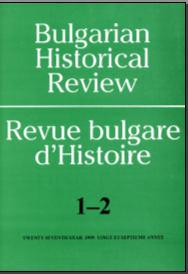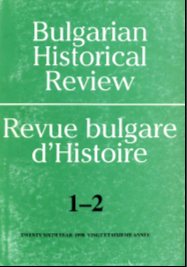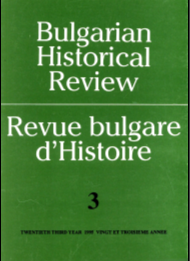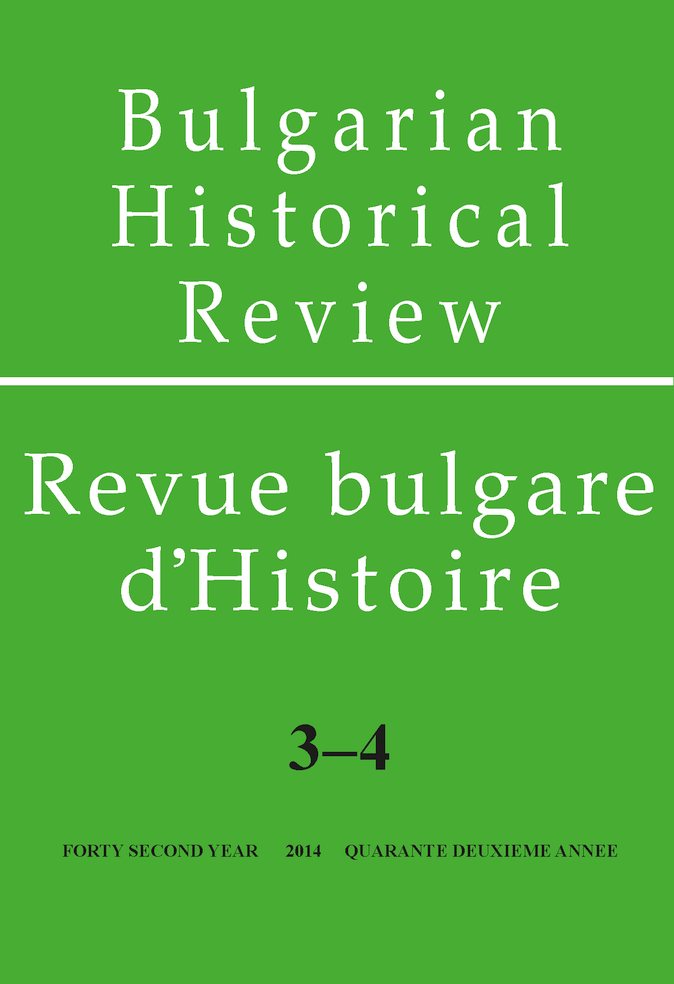
We kindly inform you that, as long as the subject affiliation of our 300.000+ articles is in progress, you might get unsufficient or no results on your third level or second level search. In this case, please broaden your search criteria.

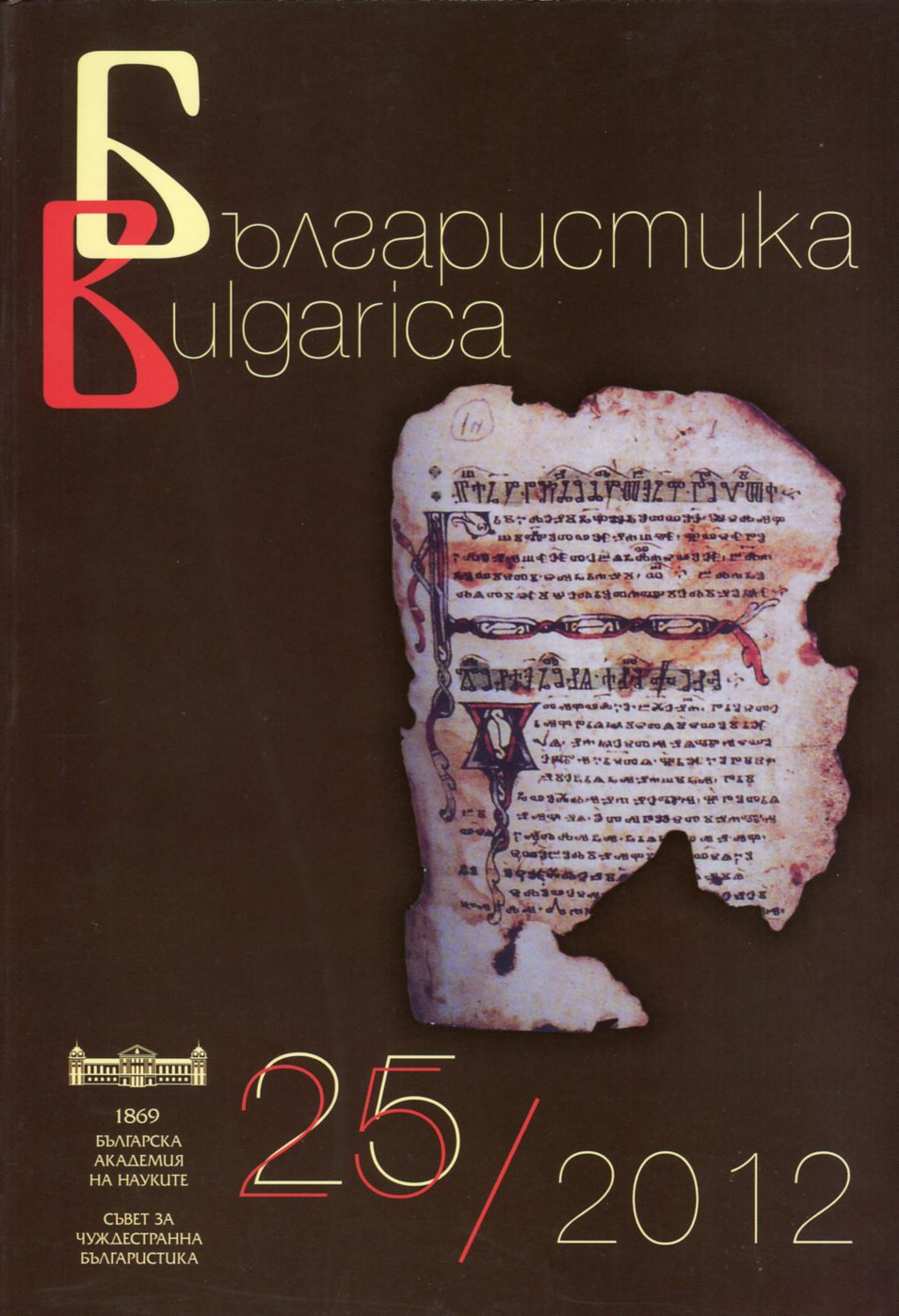
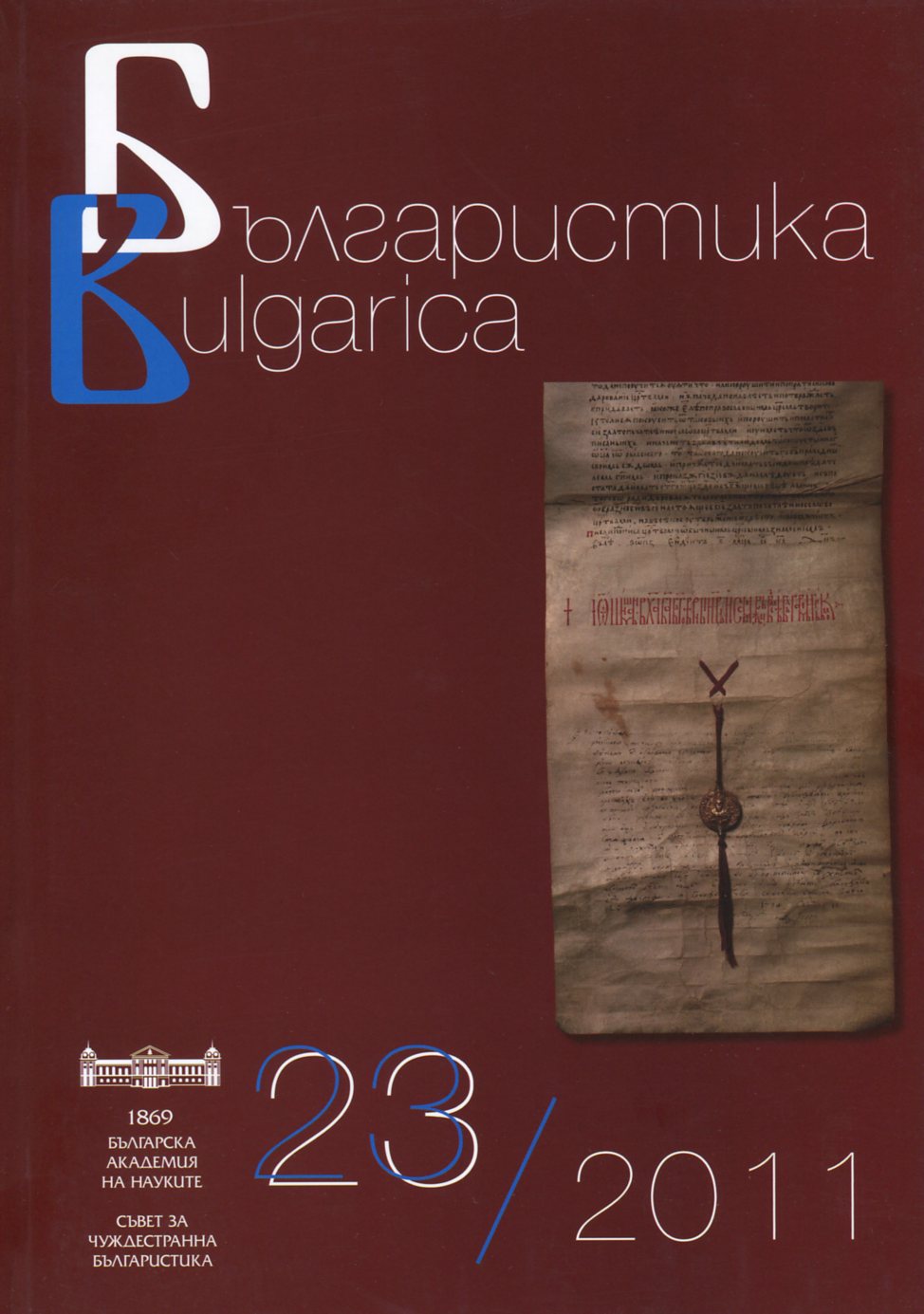
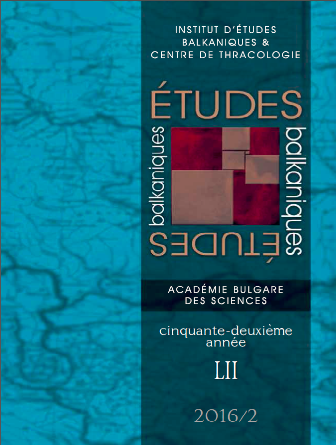
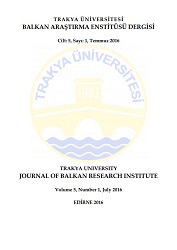
The year 2016 is the 225th anniversary of the birth of István Széchenyi, named in Hungarian history “the greatest Hungarian”, and considered as the founder of modern Hungary. István Széchenyi has a particular place and a special significance in Hungarian history, for his ideas, his works, his efforts for the development and progression of Hungary.His works to put Hungary at the same level than modern contemporary European states (the Hungarian Academy of Sciences, Nemzeti Casino, shipyard, Lánchíd, ...) and the reflection system based on rational values he brought to Hungary allowed the Hungarian people to watch, interpret and evaluate the events through a broad perspective, and not be discouraged by the difficulties and face the future optimistically. The ideas and stance deal of István Széchenyi with events in one of the most difficult periods of Hungarian history were a guide for the Hungarian people.It will be useful to study the ideas, works of the Count István Széchenyi and the values he brought to Hungary, on the occasion of the 225th anniversary of his birth, to dedicate again its place in Hungarian history and Hungarian national consciousness.
More...
The article considers how the problem of the intelligentsia was discussedin hand-written magazines of the beginning of the 20th century. The discussions conducted by the outstanding representatives of the Russian intelligentsia about its destiny and mission during the critical periods of national history and reflected in these magazines are revealed.
More...
The article analyzes the views of the intelligentsia of liberal and conservative camps on the solution of national question in the Russian Empire at the beginning of the 20th century and of the issue of Russia’ role in the Slavic world. The problem of search for the common ground for the national suburbs’ aspirations and for the interests of the empire is revealed. The idea of the need of practical implementation of the national question compromise solution is argumented. The material of the article will be interesting to experts in the fields of history and journalism.
More...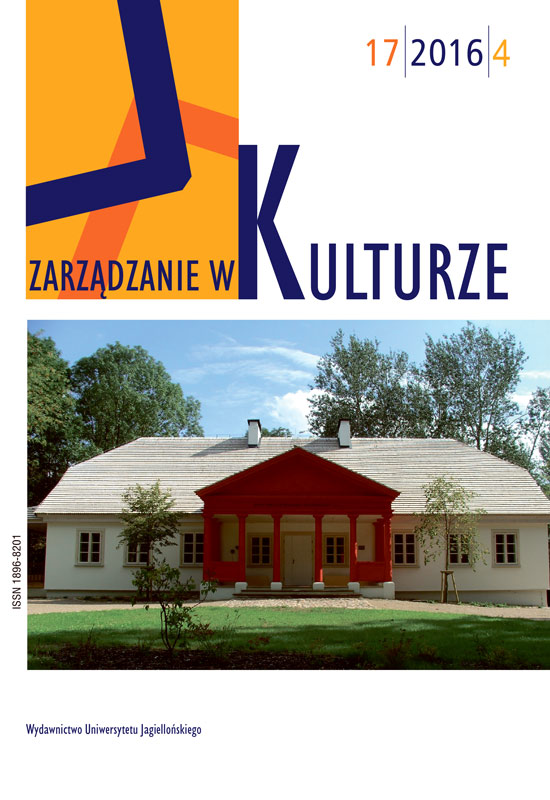
The dynamics of socio-economic changes has brought a number of changes and significantly influenced space in recent times. Cities are growing and occupying new areas. Spontaneous and unplanned urbanization is often the sign of our times. Chaotic appropriation of space has become a problem both in Poland and in the world. Therefore, in space management it is important to pay attention to areas that can be reused in the process of revitalization. The purpose of this article is to analyze the concept of revitalization in the context of the functional changes that took place in cities in the past centuries, with a particular emphasis on postindustrial areas in Poland. Additionally, the question of whether revitalization is an opportunity to preserve and protect cultural heritage is discussed.
More...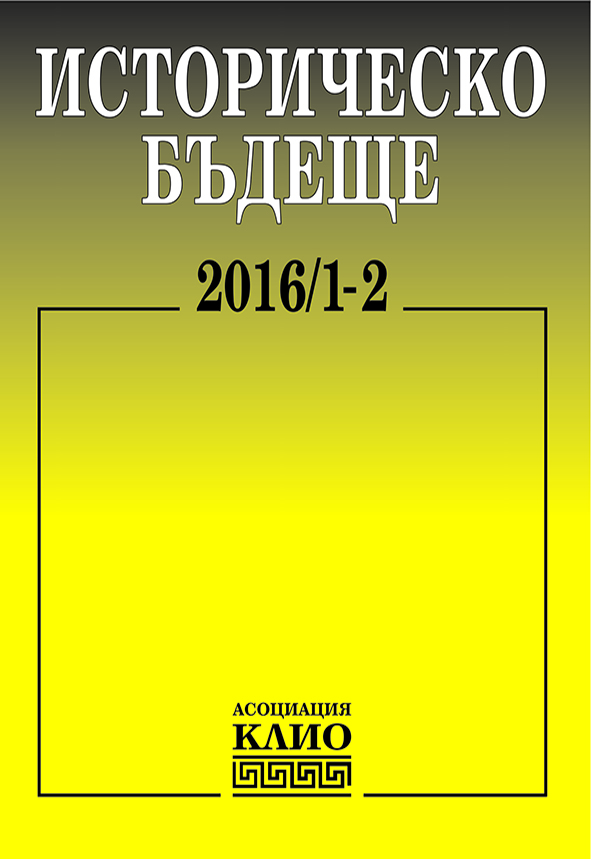
A presentation of “The Kabardino-Balkar ASSR: “A salvation in the unity and hope...” 1920–1960s by N.Bugay and M.Mamaev (in Russian)
More...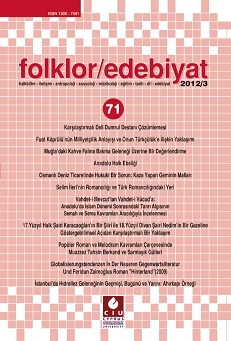
At present study is tried to be addressed the notion of “Turkism” and “Turkish nationalism” of Köprülü in the light of his general intellectual and academical perspective and standing. In the historical process towards the nation-state, the appealing and forming of “Turkish nationalism” in the form of both “cultural nationalism” and “political nationalism” as is represented in the public sphere is relatively embodied as an intellectual and political formation later than Ottomanism and Islamism movements. However, in the establishment process of the Republic, it relatively becomes dominant and functions as a cement for the building of a new nation-state in contrast with the other movements and to the extent the historical conditions also necessitated. In that process and the earlier period of the Republic, Köprülü renders sophisticated and deeper his notion of Turkism and Turkish nationalism by benefiting from the intellectuals like Yusuf Akçura and Ziya Gökalp besides the intellectual sources in the west. Additionally, he has a holistic concept of the history and improves a structural analyse which considers the historical events with the dimensions of the social, political, cultural and economical. His workings are formed in the wide range of the social history or historical sociology, the history of politics, cultural history, ethnography and the history of literature. He also takes into consideration together the “structure” and “change”. For Köprülü, the history has not any worth solitary and in itself. His main aim at dealing with the history and historical is not to do a pure historiography, but “to connect the social act to the thought” and find answer to the questions within the historical conditions of his period by creating a historical awareness. His nationalism notion also is a product of approach that grounds on territorial and historical one rather than racist and ethnical one.
More...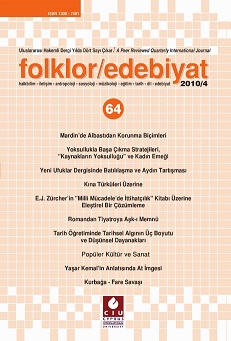
İlkin genel bir çerçeve çizmek gerekirse… E.J. Zürcher, kitabının temel tezi veya ana düşüncesi olarak; Milli Bağımsızlık Savaşı üzerinde, sanıldığının ötesinde İttihatçılık’ın son derece etkin ve belirleyici bir rol oynadığını ileri sürüyor. “Resmi-ortodoks” yaklaşımların halen egemenliğini sürdürdüğüne işaret ettiği Türk tarih yazıcılığının, bu gerçekliği ya bilerek çarpıttığını ya da görmezden gelerek atladığını vurguluyor. Nitekim 1919 ile 1926 yılları arasını kapsayan süreç, Zürcher’e göre, İttihat ve Terakki Cemiyeti’nin (İTC) içinden süzülüp gelmiş olan Kemalist hareketle, aynı yapının uzantıları sayılabilecek diğer siyasal akımların adeta örtük bir mücadelesine tanıklık etmektedir. Dolayısıyla Atatürk dönemi, İttihatçı dönemden belirgin bir kopuşu yansıtmamaktadır; tersine yadsınamaz bir süreklilik söz konusudur.
More...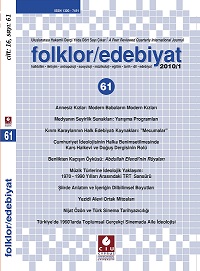
People’s Houses were founded during the years when the governing elites of the Republic reconstructed the nation in accordance with the principles of Kemalism. The trial of Serbest Fırka in 1930s proved to the governing elites that the reforms consecutively brought up after 1923 were not actually adopted by the society. People’s Houses started their action in the cities they were founded and in their surroundings by giving importance to the education of the adults in order to make up for this deficiency. People’s Houses of Kars and its periodical Doğuş proved to be one of the most effective instruments in Kars and its surroundings explaining the ideology of revolution, namely the principles of Kemalism to the society and getting the society accept them.
More...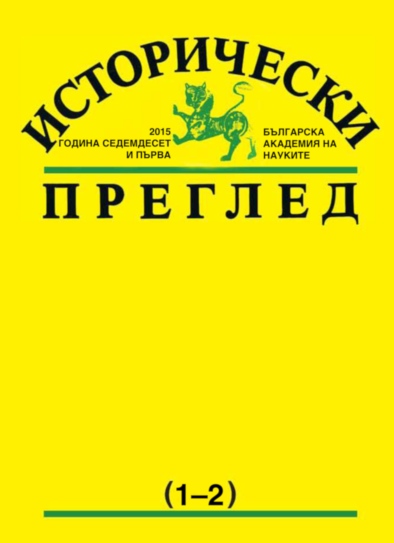
The Article analyses the activity and the scientific contributions of prof. Marin Drinov – the first Bulgarian professional historian. It presents also his engagement in helping Bulgarians after the Spring Uprising of 1876 and then his services in the establishment of the new Bulgarian state. All his different contributions as a scientist and a political figure reserved for prof. M. Drinov an honourable place in modern Bulgarian history.
More...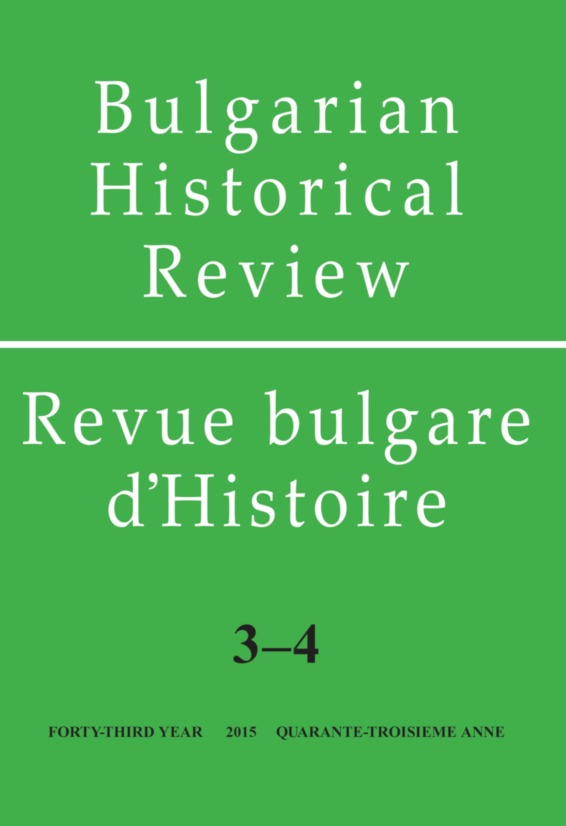
Our article analyses different perspectives on railway construction on the Balkans among Serbian and Bulgarian intellectuals, politicians, economists, leaders of national liberation movements. Our main thesis is that different discourses on economic development and railway construction were largely determined by the different dynamics of social development in Serbia and among Bulgarians, and their process of national liberation and that various authors approached the issue of economic development, concept of free trade or protectionism and other issues through the prism of their own formal education and/or experience gained by the analysis of their community within the Ottoman Empire, faced with the rising pressure from foreign factors due to the slow incorporation of the Balkans into the modern capitalist world system.
More...